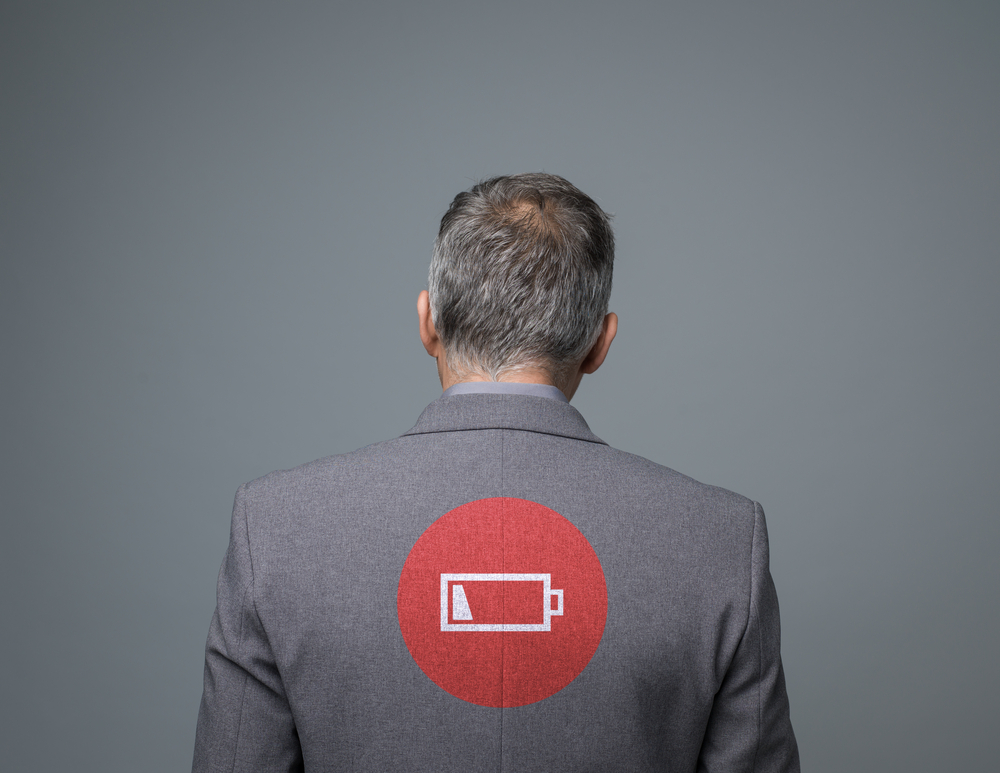Self-awareness is key to managing your stress. That’s because familiarizing yourself with your own top pressures and pain points — and recognizing your signs of overstress and depletion — can help you create small, everyday solutions that keep your mental batteries charged.
We asked members of the Thrive community to share their biggest stressors, their personal signs that their mental batteries are depleted, and their small everyday solutions for boosting mental well-being.
When fun things start to feel like a chore, refresh your perspective
“My biggest stressors are usually when my personal life and work life both become very busy, and require me to make big decisions that affect others. When both parts of my life require me to be at the top of my game at all times, I can become overloaded. I can tell when this is happening because I close myself off to new ideas, and start to get short with family, friends, and colleagues. When I am doing something that should be fun, and it instead feels like a chore, I know I need to step back and get some perspective. When I become aware of these signs, I say no to putting anything else on my plate, breathe, and try to remember why I do what I do, and focus on what really matters. Yoga helps, too!”
—Erin Alberte, senior recruiter, Milwaukee, WI
When you’re becoming too much of a people pleaser, schedule time for yourself
“My biggest stressors come from being a people pleaser. I start to feel fatigued, lack desire, and don’t sleep as well. I’ve learned that ‘no’ is a complete sentence, and I need to prioritize my needs first. Saying yes too much makes your to-do list impossible to tackle. I block off time to do something I enjoy, which could be sitting in a coffee shop without my smartphone, or watching and listening to a sporting event and staying off social media.”
—Michael Levitt, boundaries and burnout coach, Toronto, Ontario, Canada
When you feel alone, find yourself through meditation and honest reflection
“I felt like I had become a robot — I was in survival mode. I had suddenly become a single dad, while working on my new career, all with no support. When my kids were home, it was heaven. When the kids were away it was hell, and the alcohol helped take me there. Alcohol was an escape for me. It helped me fall asleep as it numbed my mind. The flip side, though, was that the sleep was never solid, so I was tired during the day, and weak at night when I would turn to alcohol once again. This was a vicious cycle. It was only when I became strong enough and found the guts to be honest with who I really was, through meditation and me time, that I made a change and got back on the right track!”
—Craig Dubecki, author, speaker, musician, and contractor, Ontario, Canada
Follow us here and subscribe here for all the latest news on how you can keep Thriving.
Stay up to date or catch-up on all our podcasts with Arianna Huffington here.


